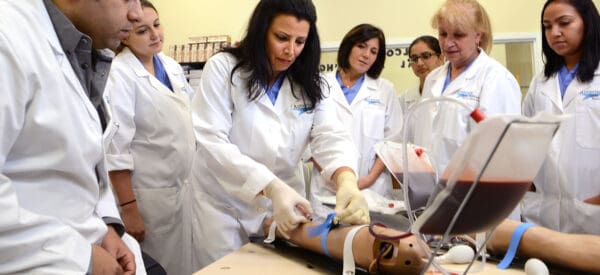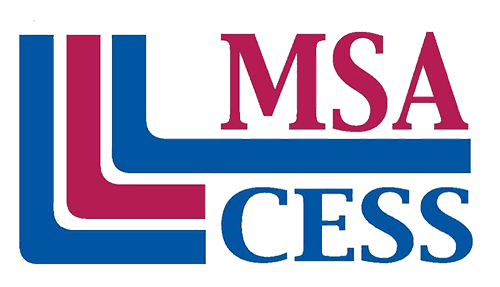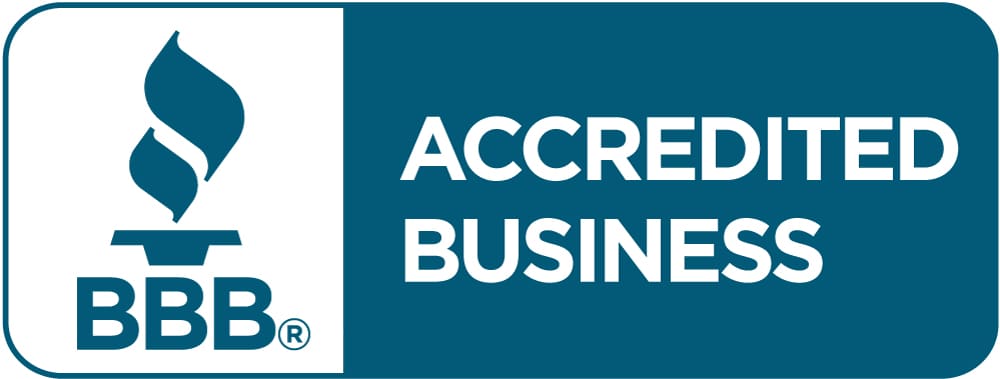Our In Demand Career Spotlight Series focuses on careers in the medical and dental industries where demand for skilled workers outpaces supply. At ACI Medical & Dental School, you can be certified for these in-demand careers in just five months with the hands-on training, skills, and credentials you’ll need for your new job.
In this blog post, we will be discussing the Phlebotomy Technician position.
What Does A Phlebotomy Technician Do?
A Phlebotomy Technician, also known as a Phlebotomist, is a healthcare professional who is trained to collect blood samples from patients for laboratory testing. Phlebotomists are an essential part of the healthcare team and play a critical role in diagnosing and treating diseases.
They are responsible for preparing the necessary equipment, explaining the blood collection process to patients, and properly labeling and storing the collected specimens. Phlebotomy Technicians may also be responsible for maintaining equipment and supplies and keeping accurate records of blood collection procedures. Phlebotomy Technicians may also be responsible for performing basic lab tests, such as checking the pH of a specimen or counting the number of cells present.
Some other duties and responsibilities include:
- Practicing proper patient identification
- Labeling vials with patient name and dates
- Identifying the best way to draw blood depending on the patient
- Transporting of specimen samples
Where Do Phlebotomists Work?
Phlebotomists typically work in hospitals, diagnostic laboratories, and medical clinics. They may also work in blood donation centers, nursing homes, and other healthcare facilities. Some phlebotomists are employed by medical supply companies or work freelance.
In hospitals, Phlebotomy Technicians typically work in the laboratory, collecting blood samples from patients and preparing them for testing. They may also work in patient care areas, such as the emergency department or intensive care unit, collecting blood specimens from critically ill patients. In diagnostic laboratories, Phlebotomy Technicians may be responsible for processing and analyzing blood samples and performing basic lab tests. In clinics and other healthcare facilities, Phlebotomy Technicians may work under the supervision of a medical laboratory technologist or doctor.
The Job Outlook For Phlebotomy Technicians
The job outlook for Phlebotomy Technicians is very positive. According to the U.S. Bureau of Labor Statistics (BLS), employment of Phlebotomy Technicians is projected to grow 8% by 2033, faster than the average for all occupations. The growing population and advances in medical technology are expected to drive demand for Phlebotomy Technicians.
There is a demand for Phlebotomy Technicians in rural and underserved areas, as these areas often have a shortage of healthcare professionals. In addition, the aging population is expected to increase the demand for healthcare services, including laboratory testing, which will also contribute to job growth for Phlebotomy Technicians.
What Is The Average Salary For Phlebotomy Technicians?
According to the U.S. Bureau of Labor Statistics (BLS), the median annual wage for Phlebotomy Technicians was $41,810 in May 2023. The lowest 10% of Phlebotomy Technicians earned less than $33,310, while the highest 10% earned more than $55,330.
The BLS reports that the median annual wage for Phlebotomy Technicians varies by industry. In May 2023, the median yearly salary for phlebotomy technicians working in hospitals was $39,920, while those working in diagnostic laboratories earned a median annual salary of $45,100. Phlebotomy Technicians working in physicians’ offices earned an annual median salary of $39,800, while those working in other ambulatory healthcare services earned a median yearly salary of $37,750.
Factors that may influence the salary of a Phlebotomy Technician include the individual’s level of education and experience, the location of the job, and the type of facility in which they work. Phlebotomy Technicians with additional training and certification may have better job prospects and earn higher salaries.
Interested in Phlebotomy Technician Training in New Jersey?
By completing our Medical Assistant Certification Program, students will be equipped with the skills and knowledge to take on the responsibilities of a Phlebotomy Technician in just a few months. At ACI Medical & Dental School, we also offer a secondary Phlebotomy Technician Certification Program, primarily designed for people already working in the medical field.
Classes are starting soon! Contact us today to learn more about this exciting new career opportunity and take the next step toward an in-demand job in a growing industry.








